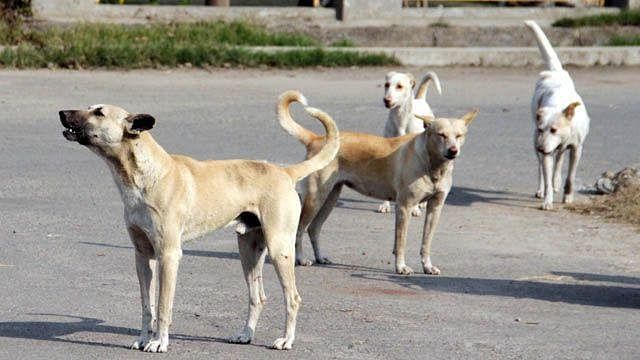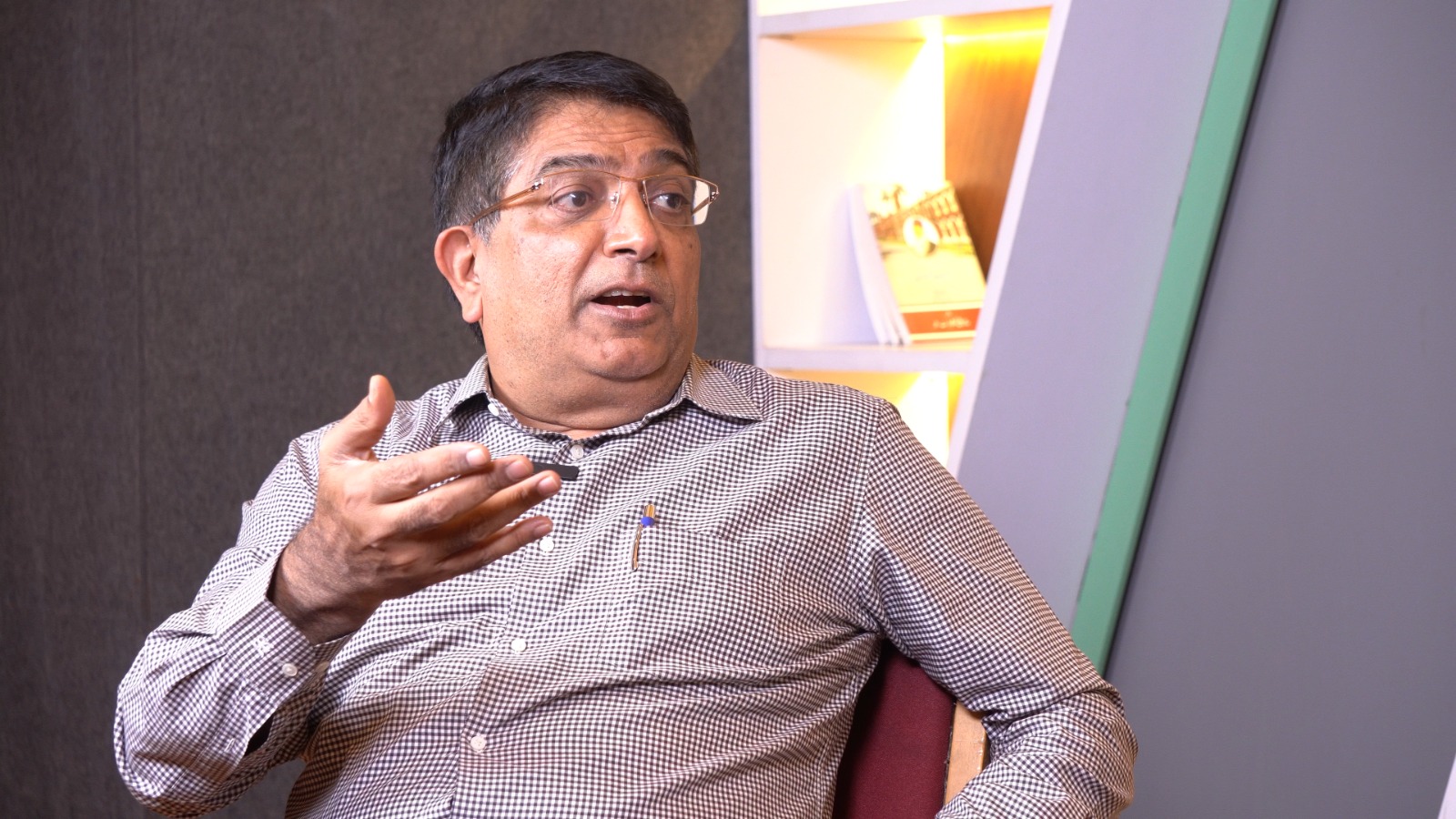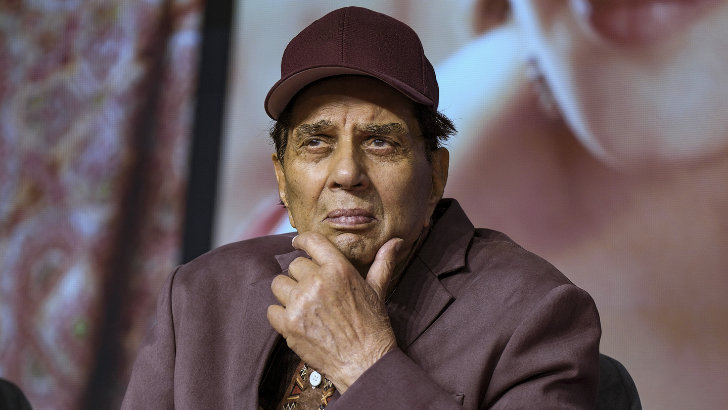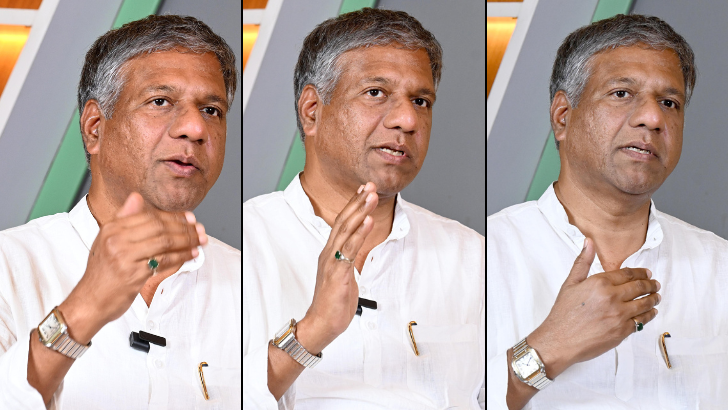BBMP need to step up sterilisation of stray dogs: Activists
BBMP has increased patrolling in areas with high stray dog populations and intensified efforts to capture and rehabilitate aggressive dogs
-
Representative Picture
Bengaluru, 28 Aug
The death of a 76-year-old retired teacher from Bihar after being attacked by a
pack of stray dogs during her morning walk in Jalahalli on Wednesday has raised
questions about BBMP’s sterilisation programme to control the population of
canines and measures to rehabilitate them.
Bengaluru is home to around 3 lakh stray dogs, according to data from Bruhat
Bengaluru Mahanagara Palike (BBMP). Speaking to Salar News, Dr Ravikumar, Joint
Director of Animal Husbandry Department of BBMP, said “Through Animal Birth Control
programme, we have sterilised and vaccinated around 40,000 strays this year and
are trying to increase it by 50,000 by the end of this year.”
Animal welfare experts said while sterilisation is essential, the current pace
of the programme is inadequate. “BBMP needs to step up its efforts by
partnering with more animal welfare organisations and allocating more resources
for sterilisation drives,” Thejeshwar B, Animal Welfare Warden, Karnataka
Animal Welfare Board, and Board Member, Second Chance Sanctuary, Sarjapura,
told Salar News.
BBMP has increased patrolling in areas with high stray dog populations and
intensified efforts to capture and rehabilitate aggressive dogs. Ravikumar
adds, “While we have made progress, we need more resources and better coordination
to meet our goals. We are working on setting up additional animal shelters to
accommodate stray dogs that need rehabilitation.”
Thejeshwar said the public can join in BBMP’s efforts by ensuring that their
community dogs are sterilised. “Even the feeding areas can be limited to least
populated areas,” he said.
To address complaints related to stray dogs, BBMP has a dedicated helpline
(080-22660000) and mobile app (Namma Bengaluru Sahaaya 2.0). The average
response time for such complaints is 24 to 48 hours, but residents have often
voiced dissatisfaction with the delays. —Salar News
Leave a Reply
Your email address will not be published. Required fields are marked *
https://Lvivforum.pp.ua
Good day! This post couldn't be written any better! Reading through thijs post reminds me of my previous rookm mate! He always kept talking about this. I will forward this write-up to him. Fairly certain he will have a good read. Many thankls for sharing! https://Lvivforum.pp.ua
vgxqjklnz
SALAR NEWS <a href="http://www.g957540ayes9731vw7mclq0fv6c442wis.org/">avgxqjklnz</a> vgxqjklnz http://www.g957540ayes9731vw7mclq0fv6c442wis.org/ [url=http://www.g957540ayes9731vw7mclq0fv6c442wis.org/]uvgxqjklnz[/url]













.png)
.png)
.png)
.png)

.jpg)

